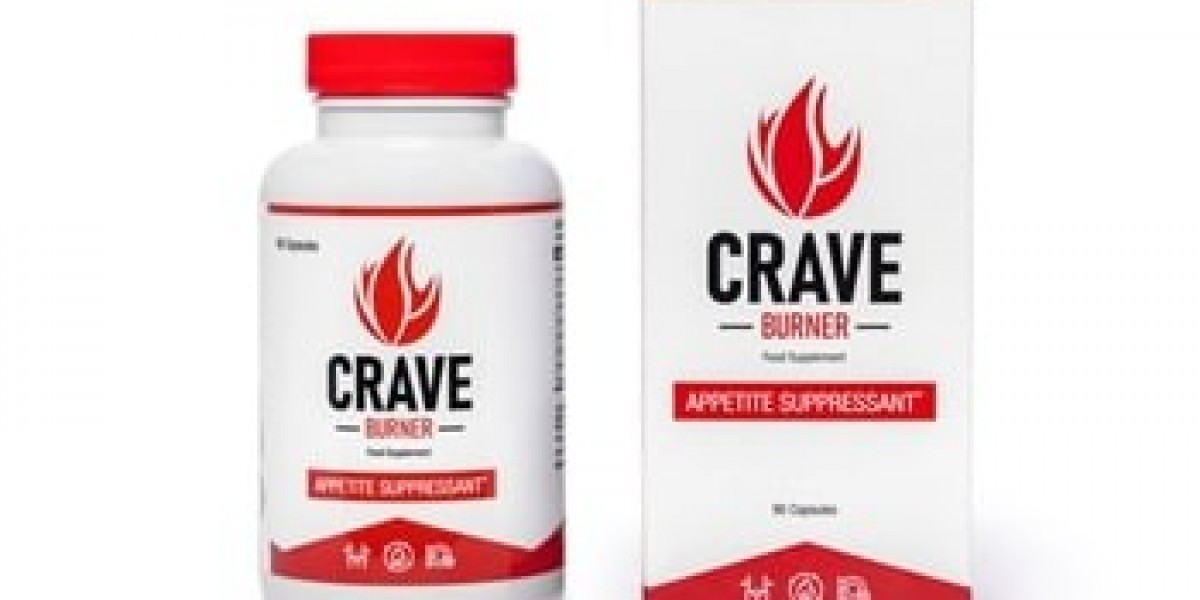Selling your car for cash can be a simple process if you know how to manage your warranty and related paperwork. Understanding the terms and rules that come with your vehicle’s warranty can help you avoid mistakes and make sure the sale goes smoothly. In Australia, car warranties are covered by both the manufacturer and state laws, so it is important to know where you stand before selling.
What the Warranty Means for Your Car
When you bought your vehicle, you may have received one of several types of warranty. The most common is the manufacturer’s warranty, which covers the vehicle for a set number of years or kilometres, whichever comes first. Then there is the statutory warranty that applies to certain used cars sold by licensed dealers, depending on the vehicle’s age and distance travelled. Some people also choose to buy an extended warranty from a third party, which continues protection after the manufacturer’s warranty ends. Each type of warranty has its own conditions, and knowing which one applies to your car helps when you plan to sell.
Why the Warranty Matters When You Sell
A warranty can influence the value and appeal of your vehicle when selling for cash. If the warranty is still valid and can transfer to a new owner, it makes the car more appealing to buyers. It also gives them confidence that if something goes wrong, some repairs will be covered. On the other hand, if the warranty has expired or cannot be transferred, it is best to inform the buyer upfront. This transparency helps you avoid disputes later and allows both parties to have clear expectations.
Check the Warranty Details Before You Sell
Before offering your car for sale, go through the following steps to ensure your warranty is properly handled. First, locate your warranty documents, such as the original certificate or booklet that came with the vehicle. These papers will outline what is covered and what conditions apply. Next, check the expiry date and any kilometre limits. Some car warranties last five to seven years or up to a specific distance. Verify if the warranty can be transferred to the new owner. Some manufacturers allow it automatically, while others require a form or a small transfer fee. Look at your service history too, since missing scheduled services can void the warranty. Make sure you have receipts or digital records from authorised workshops if required. Also, read through the exclusions and conditions to understand what is not covered. Once you know all the details, you can clearly inform the buyer about the warranty’s status.
Check this: https://carremovaladelaide.com.au/old-car-removal-adelaide/
Transferring the Warranty to the New Owner
If your car’s warranty can be transferred, it is important to follow the correct process. Usually, you must notify the warranty provider or manufacturer within a set time after the sale. Some providers have an online form to fill out, while others require a signed letter or document. Give the buyer all warranty papers and service history so that they can continue to meet the conditions. If the warranty cannot transfer, state this clearly in the bill of sale to avoid misunderstandings. Being upfront about this protects both you and the buyer from confusion later.
What Happens If the Warranty Has Expired
Many cars being sold for cash are older and may no longer have active warranties. If your car’s warranty has expired, there is nothing wrong with selling it, but you should be open about this fact. Instead of focusing on the expired warranty, highlight other points such as how well you maintained the car, its recent servicing, and any new parts you have installed. Buyers will often consider these details when deciding on a fair cash offer. If the warranty is no longer valid, you might adjust your price slightly to reflect that, but a well-maintained vehicle still holds strong value in the used market.
Dealing with the Sale for Cash
When you sell your car for cash, either to a private buyer or a cash-for-cars service, have all your documents ready. This includes registration papers, proof of ownership, and service records. Make sure you know whether the warranty is still valid or not and tell the buyer before finalising the sale. Always issue a receipt that lists the date, sale amount, buyer’s name, and car details. This step protects both parties and confirms the transaction was legitimate. If you are using a cash-for-cars service, they will likely check the car’s condition, paperwork, and remaining warranty, if any.
When selling a vehicle for cash, you might choose a service like “cash for cars Adelaide” provided by a company that buys vehicles directly from owners. Mentioning that your car still has a valid manufacturer’s warranty or providing proof that it was well maintained can make the process smoother and help the buyer assess the car’s true worth. This small step can save time and ensure you receive a fair cash price for your vehicle.
Final Checklist Before the Sale
Before you hand over your car, take a few minutes to check everything is in order. Make sure the warranty details are correct and up to date. Gather all service history, receipts, and ownership papers. Confirm whether the warranty can transfer and inform the warranty provider if required. Provide the buyer with accurate information about the warranty’s remaining time or if it has expired. Note these details on your receipt of sale so that there is no confusion later. Also, remove personal belongings from the vehicle and make sure the registration transfer form is properly filled out.
Conclusion
Handling your car’s warranty correctly when selling for cash is not complicated once you understand the basics. Whether the warranty is still valid or has expired, being honest and organised helps you complete the sale with confidence. It protects you from future issues and gives the buyer clarity about what they are purchasing. By following these simple steps, you make the process smoother for both sides and ensure your car’s sale is finalised without trouble.







